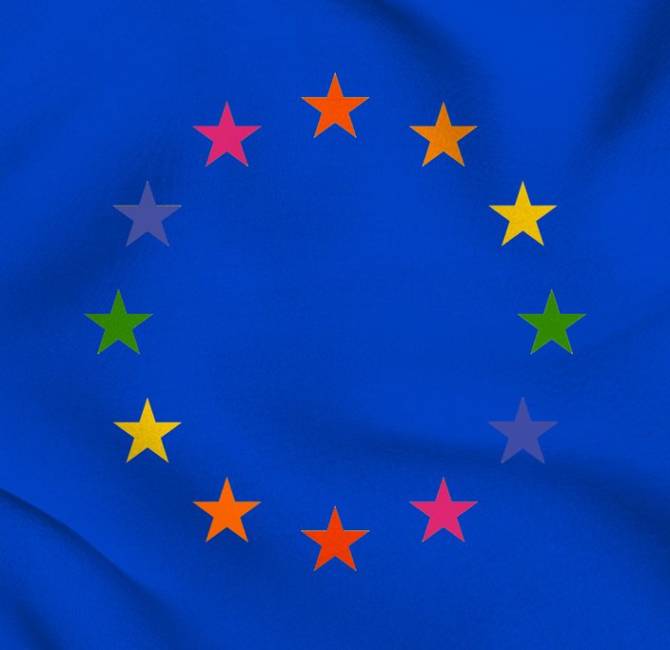By Gábor Tóth, President of the Gateway to Europe, V4-China Association.
Visegrád Group – As the political turmoil in Italy continues, the Visegrad group stands out more and more as the island of common sense, stability, long-term thinking and old European values.
Over the past few years, the V4 have become a major player in shaping the future of Europe, not only because their economic growth has been remarkable but also on an ideological level. It is no longer an exaggeration to say that there are two major paths the peoples of Europe can choose from when they envision their future. These two are mostly referred to as the globalist and the nationalist, the open society and the controlled borders, the multicultural and the homogenic, the non-religious and the Christian, the so-called progressive and the conservative. There are many other names, but you get the point. Hungary and the V4 represent the conservative, Christian democracy model, while the other one now seems irreversible in countries like France, Sweden, Belgium, Holland and others.
Notice that I did not mention Germany and Italy.
It is no secret that those two nations and their people will decide the fate of Europe. So which of the two paths will they choose?
In the case of Italy, it is easier to know, because the people have spoken, the current attempt of the “globalist” elite to reverse their will is just temporary and can only delay the inevitable. What’s more, people may get even more frustrated then they were in the elections, and might vote in the “conservatives” even stronger. Either way, the Italians have chosen the Visegrad or Hungarian model. Like it or not, this is the reality and it is easy to understand why.
So it is fair to say that all eyes are on Germany. It is the most powerful country in Europe, therefore the decision of her people will ultimately determine the future of the continent.
Will they choose the Visegrad model?
Will they return to the original idea set forth by Schuman and Adenauer?
The bigger question is what else is available that satisfies the “progressive” thinkers who are liberal, while providing solutions to Europe’s greatest challenges of today. The answer: there is no tangible and credible alternative to a model that made the continent strong and powerful, competitive and prosperous over and over again throughout the course of history. In the time of crises, Europe always responded by strengthening nation states and working out a system where they can make decisions together. In the beginning, the EU was supposed to be that platform, but it has left its tracks. Therefore when people call for the reform of the EU, they really mean going back to the original idea, but this time with less bureaucracy and more leadership by the top institution, the European Council. Imagine a Europe with very strong, sovereign nation states, who make collective decisions through a well-lead and well-organized Council.
Also, imagine a Europe that returns to its Christian roots, stops mass migration and focuses on demographic challenges by supporting European families. Now that you imagined all that, take a look at Hungary and Poland, and you’ll notice that in the heart of the old continent, the latter has been a reality for years.
As Germany and Italy change course and side with the ideology of Visegrad, the remaining question is who will be the new economic and trading partners of the freshly (re)formed Europe.
Again, the solution is simple. China and the new Silk Road emerge by far as the most attractive opportunity for Central and Eastern Europe in order for it to preserve and sustain itself. Some of the western countries like the US, France and Belgium criticize the initiative for various reasons, but actually their biggest fear is that this vision of Beijing threatens their grip on CEE countries or even Italy and Germany, so they do everything in their power to break its momentum.
But just like many other attempts at stopping what’s naturally taking shape, they only fuel the process. Indeed, western criticism and sanctions only brought Eastern Europe and Asia much closer to each other.
So why is this good for Hungary and the V4?
As a Hungarian, one can only sigh and cry at the foolishness of the West as they steer their once great nations onto dangerous waters.
As a Pole, one can only do so much to warn the West to think again and take heed.
But after a certain point, Central European countries and those that agree with the Visegrad vision will have to focus on their own future, the security of their economies, the welfare of their inhabitants. In other words, think of it as a safety net, which they might have to use, if their Western allies continue forcing the failed agenda that has significantly weakened them already.
In the upcoming few months and years, follow closely how Europe rises from the ashes and creates a strong Eurasian alliance by seizing the opportunity offered by the One Belt, One Road initiative, more commonly known as the New Silk Road.



